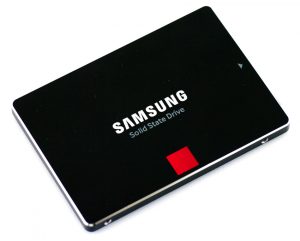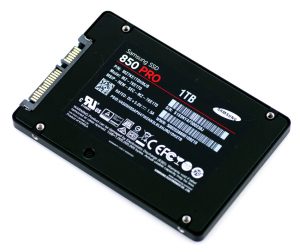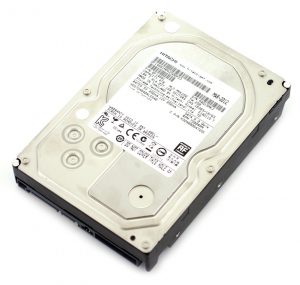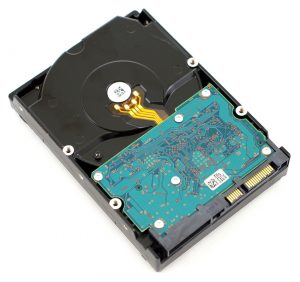Samsung launched the SSN T3 an external memory with various capacities, today's Post serves to shed light on the differences between SSD and HDD memories.
What is a Solid State Drive (SSD) ?
Nowadays we are very familiar with the Pen drive concept and its capabilities so we can think that an SSD memory is like a high standard pen drive, and like pen drives there are no moving parts so the information is recorded on microchips. Conversely, an HDD memory (commonly known as "Hard Disk" or "HD") has a mechanical arm that reads and writes information to a storage disk, this difference makes SSD memory faster than HDD.
The SSD memory uses a type of volatile dome memory, which means that you can turn off the disk that the information will be stored for up to 200 years, an SSD memory does not have a mechanical arm to record and read data, it has a processor embedded (or brain) that controls how the information is read or written.
What is an HDD memory?
HDD (Hard Disk Drives), were introduced by IBM in 1956 - yes it is more than 50 years old technology, HDD memories use magnetism to store data on a rotating disk with a mechanical arm that reads and writes data, the faster the disk the faster your performance becomes, current HDD memories rotate between 5400 RPM (Rotations Per Minute) or 7200RPM.
The biggest advantage of HDD memory is that it is able to store a greater amount of data cheaply because the SSD memories even though the current situation is changing are still very expensive. As far as looks, the outside looks the same especially on the SATA interface.
Now let's go a little comparison, since the final decision is yours.
SSD Vs HDD Comparison
| Device | Solid State Drive (SSD) | HDD Memory (Hard Disk Drive) |
| Energy Consumption / Batter Spending | Higher power consumption between 6 - 7 watts so it drains more battery if you use a laptop. | |
| Cost | Dude, in my opinion influences a lot on the final price of products that have this type of memory | |
| Capacity | 500GB, 2TB, |
|
| OS Boot (Operating System) | Around 30-40 | |
| Noise | Easily noticeable clicks and spin of the disk | |
| Vibration | Rotating the discs may cause vibration | |
| Heating | HDDs do not get very hot but quantity is higher than SSDs due to moving parts and higher power consumption | |
| Data Read / Write Speed | Range is between 50 - 120MB / s | |
| Encryption | Full Disk Encryption (FDE) |
|
| File Open Speed | Slower than SSDs | |
| Magnetism | Magnetism Generators can erase data (If you are a user of a device with HDD memory, take care of the magazines and remove the device from the metal detection equipment) |
The final choice is yours, until now with more news.











